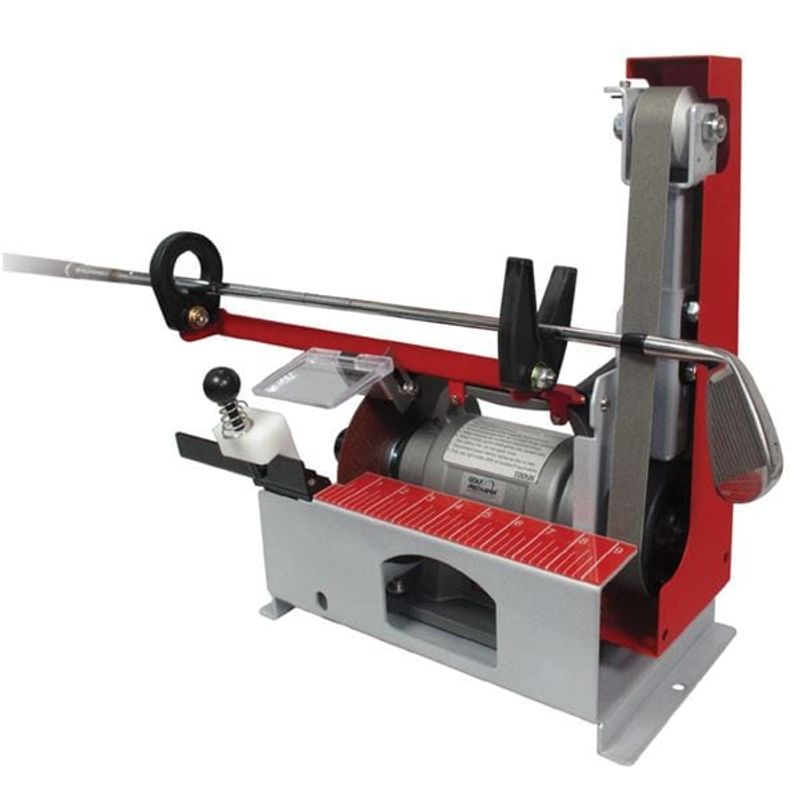It might seem obvious to some, but there is a distinct difference between steel and graphite shafts. In general, a graphite shaft will be found in hybrids, woods, and drivers, while a steel shaft will be found in putters, wedges, and irons.
In the earlier eras of golf, this was not the case. At one point, wooden and steel shafts were the only option. Thanks to innovation and technology, golf has seen thousands of new graphite shafts hit the market.
I don't intend to analyze all of the differences between the two types of shafts, but rather explain why they are different in the eyes of a clubmaker.
In clubmaking, graphite shafts must be handled with greater care than their counterpart. There are a few situations that I want to explain:
Cutting a Graphite Shaft
While cutting a grip off of a graphite shaft, it is important to avoid cutting too aggressively, as you can damage the shaft fairly easily.
Many clubmakers will use a more expensive tool that can cut and sand the tip of graphite shafts.

Removing a Graphite Shaft
Second, and most importantly, when removing a graphite shaft, there are two things that we must consider, both of which apply to the following tutorials:
- When heating a graphite shaft, we can't use a propane torch, because it could potentially cause a crack in the shaft. Instead, a heat gun is necessary to loosen the epoxy.
- When removing the shaft, we can't twist and pull like we do with a steel shaft. This could break up the fibers in the tip of the shaft. In order to safely remove a graphite shaft, we must pull it out without twisting. It would be quite a task to do this with our bare hands, which is why there are several tools like this that can help us.
